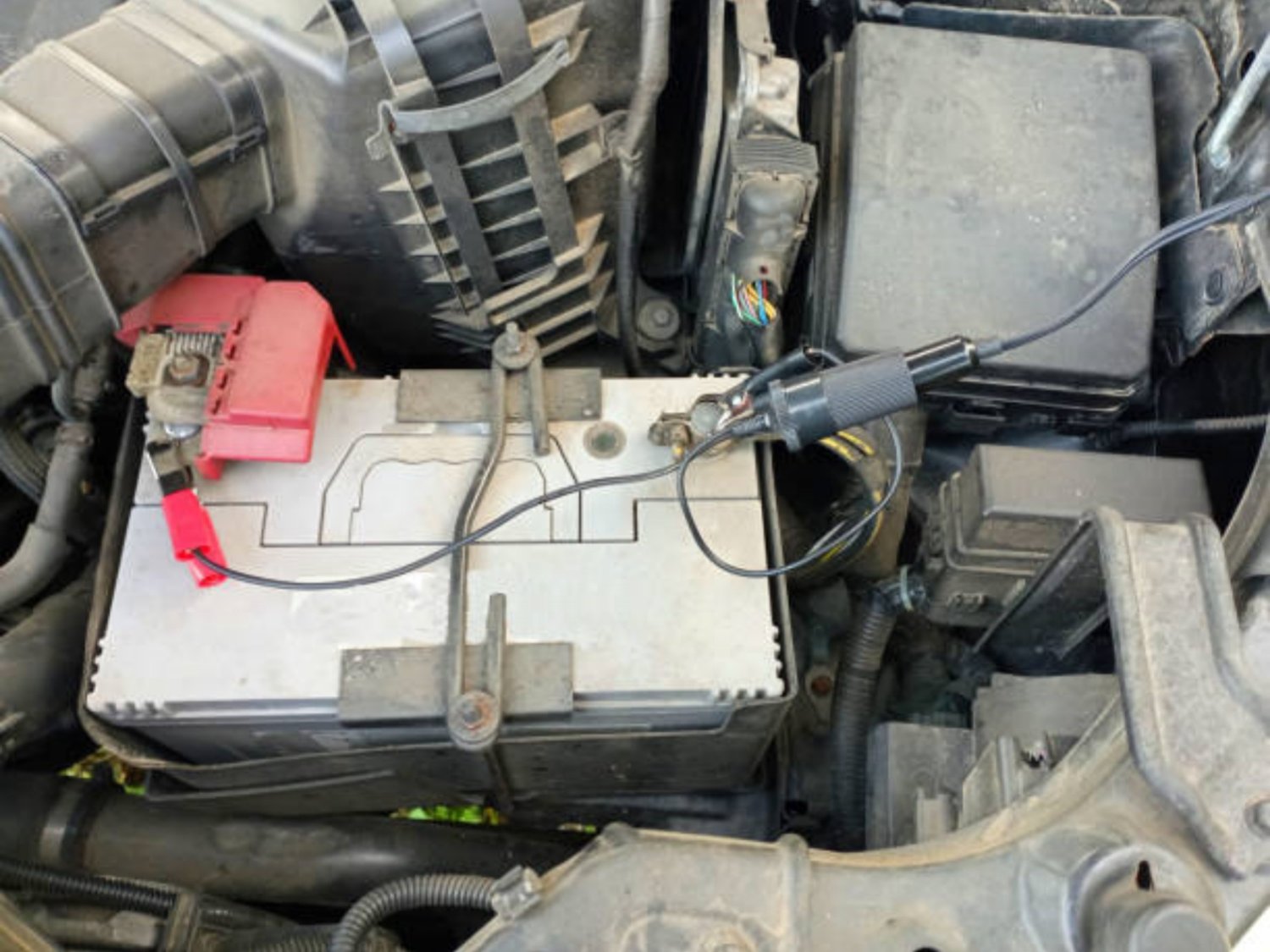Maximizing Battery Life: The Importance of Battery Health Management for Vacuums
Having a reliable and efficient vacuum cleaner is essential for maintaining a clean and healthy home. However, the performance of a vacuum cleaner heavily relies on the health of its battery. Battery health management plays a crucial role in ensuring the longevity and optimal performance of vacuum cleaners. In this article, we will explore the various aspects of battery health management for vacuums, including its significance, tips for maintaining battery health, and the impact it has on the overall performance of vacuum cleaners.
The Significance of Battery Health Management
Battery health management is a process that involves actively monitoring and maintaining the health of a vacuum cleaner's battery. By implementing effective battery health management practices, users can significantly extend the lifespan of their vacuum's battery and maximize its performance. A well-maintained battery ensures consistent suction power and runtime, allowing users to efficiently tackle cleaning tasks without interruptions.
Tips for Maintaining Battery Health
To ensure optimal battery health for your vacuum cleaner, consider the following tips:
1. Charge Properly
When charging your vacuum's battery, it is essential to follow the manufacturer's instructions. Overcharging or undercharging can negatively impact the battery's health and overall performance. Avoid leaving the battery connected to the charger for extended periods once it is fully charged. Unplug the charger as soon as the battery reaches its maximum charge level.
2. Avoid Extreme Temperatures
Exposing your vacuum cleaner's battery to extreme temperatures, whether hot or cold, can significantly reduce its lifespan. Store the vacuum and its battery in a cool, dry place and avoid leaving it in direct sunlight or in freezing temperatures. Extreme temperatures can cause irreversible damage to the battery cells, leading to decreased performance and a shorter overall lifespan.
3. Regularly Clean the Battery Contacts
Over time, dust, debris, and other particles can accumulate on the battery contacts of your vacuum cleaner. These contacts are responsible for transferring power from the battery to the vacuum's motor. Regularly clean the battery contacts using a soft cloth or cotton swab dampened with isopropyl alcohol. This ensures a secure and efficient connection, preventing power loss and potential damage to the battery.
4. Avoid Complete Discharges
While it is important to avoid overcharging, it is equally crucial to avoid complete discharges of the vacuum's battery. Allowing the battery to fully discharge regularly can strain its cells and reduce its overall capacity. Try to recharge the battery before it reaches a critically low level to maintain its health and longevity.
The Impact on Vacuum Cleaner Performance
The health of a vacuum cleaner's battery directly affects its performance in several ways:
1. Suction Power
A well-maintained battery ensures consistent suction power throughout the cleaning process. As the battery health deteriorates, the suction power of the vacuum cleaner may weaken, resulting in reduced cleaning efficiency. By implementing proper battery health management practices, users can maintain optimal suction power and achieve thorough cleaning results.
2. Runtime
The runtime of a vacuum cleaner refers to the period it can operate on a single charge. A healthy battery allows for longer runtime, enabling users to clean larger areas without the need for frequent recharging. By prioritizing battery health management, users can enjoy extended cleaning sessions and tackle more extensive cleaning tasks without interruption.
3. Longevity
Proper battery health management significantly extends the overall lifespan of a vacuum cleaner's battery. By following the recommended maintenance practices, users can avoid premature battery failure and the need for frequent replacements. This not only saves money but also reduces electronic waste, promoting a more sustainable approach to household cleaning.
Conclusion
Battery health management is a vital aspect of maintaining the performance and longevity of vacuum cleaners. By implementing effective battery health management practices, such as proper charging, avoiding extreme temperatures, regular cleaning of battery contacts, and avoiding complete discharges, users can maximize the lifespan and performance of their vacuum's battery. This ensures consistent suction power, longer runtime, and ultimately, a cleaner and healthier home.

